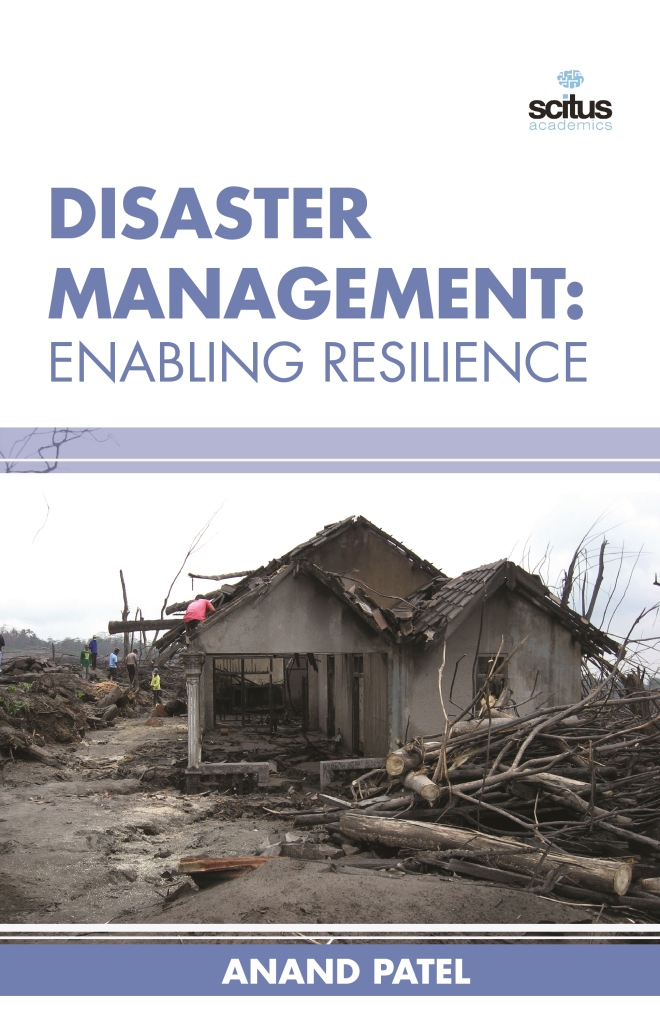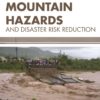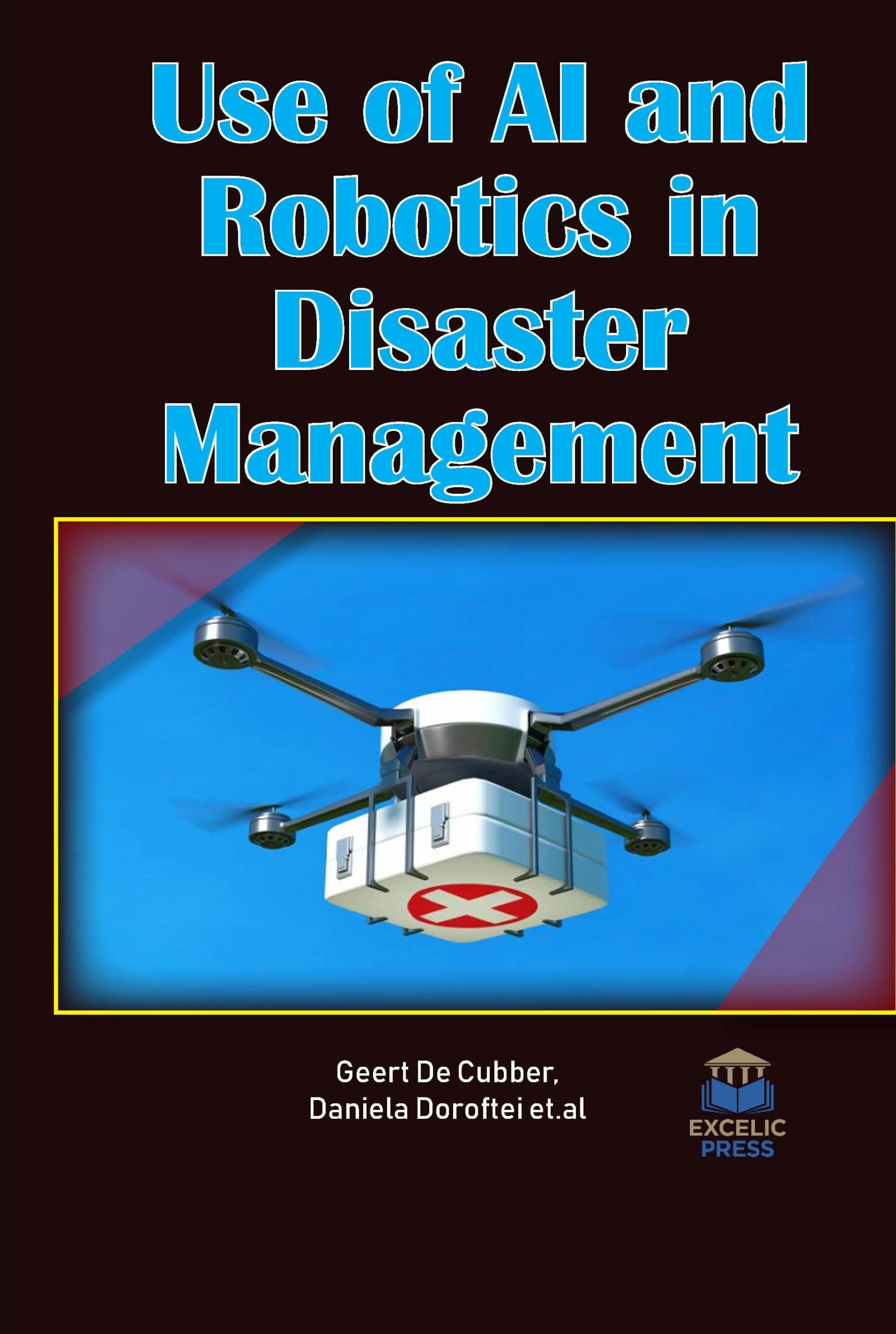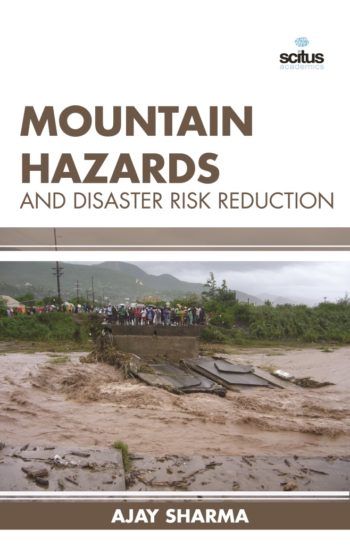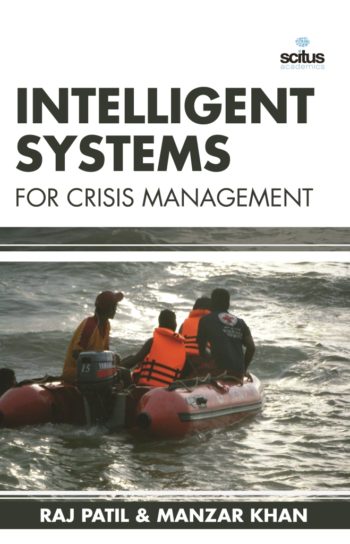Several disasters over the past number of years have exposed serious weaknesses and vulnerabilities in the emergency management capabilities within the global communities. Events such as BP Deepwater Horizon Oil spill (2010), Fukushima tsunami and nuclear disaster (2011), earthquake in Haiti (2010), Hurricane Sandy (2013), and Typhoon Haiyan (2013) highlight the devastating effects that man-made and natural disasters have on the population and infrastructure. These examples highlight how ‘hyper-risks’ emerge from our ‘hyper-connected world’ pointing to the requirement for enabling resilience to support disaster management. Resilience, resilient communities, and resilient livelihoods are becoming a focus of local, regional, national and global governments, and agencies. Researchers along with disaster management agencies are seeking to address the underlying fragilities that turn shocks and stresses into crises and how to enable resilience to support risk, crisis, and disaster management.

